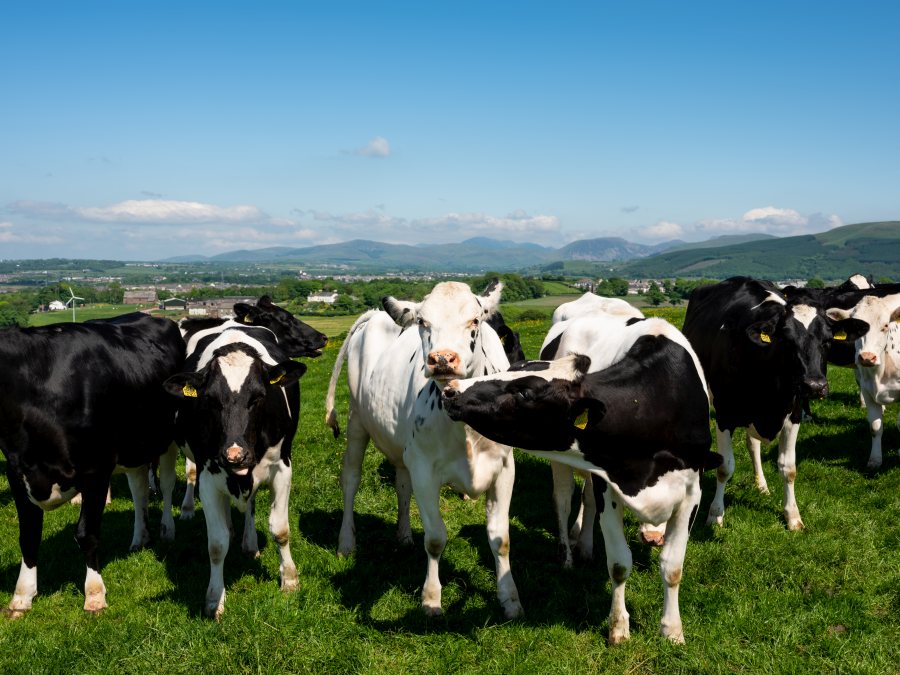
British food security is at risk if the government does not act now to address labour market issues in the dairy sector, the UK's largest dairy cooperative has warned.
A survey of Arla’s farmers has found that almost three-fifths are finding it harder to find staff compared to 2019, before the pandemic and Brexit.
And one-in-eight farmers told the co-op that they would quit altogether because of ongoing labour market challenges.
Arla warned that the last twelve months had been 'incredibly challenging' for the co-operatives 2,000 farmer suppliers.
Industry labour shortages were fuelling food price inflation, the cooperative added, which could lead to a crisis in milk production.
In response, the government must address the issue, including setting out clearer pathways into farming via apprenticeships.
Paul Savage, director of agriculture for Arla, said events like the war in Ukraine had driven up the cost of producing milk to "levels we have never seen before".
He said: "The shortage of staff has compounded this and we are at serious risk of continued food price inflation and longer-term food security issues if we don’t tackle this now."
One of the biggest challenges faced in the dairy industry was recruiting people: "A big issue is that the preconceptions people have about dairy farming are very different to the reality," Mr Savage said.
"They work with innovative new technologies and data, and they’re at the forefront of tackling climate change. We know that all of these are important factors when people are choosing their careers.
“That’s why we have started a campaign to highlight how farming has changed. We have also begun to signpost our farmers towards advice from the Institute for Agriculture and Horticulture.
"Arla will be doing a lot more, and we need the government to join in via a public marketing campaign celebrating agricultural careers as well as improved career advice.”
Farmers surveyed by Arla said they had increased pay by almost a quarter on average since 2019 (22%).
However, the majority (60%) warned that this pressure would continue over the next 12 months with implications for food prices.
And a sizeable minority predicted that shortages of people would cause them to reduce output or cut the size of their herd.
More than a tenth of farmers said they were considering leaving dairy farming altogether because of staffing issues.
Harry Davies, a farmer who supplies Arla, has seen first-hand the problems that a shortage of staff is creating and the pressure this puts on production costs.
"We need more people coming into dairy farming with the right skills and education," the dairy producer said.
"A career in dairy farming is extremely rewarding with our role in feeding the nation and playing our part in reducing emissions and caring for the land around us.
"But we can’t educate people about this on our own and really need more support to help us reach schools, career advisors and other influencers to change perceptions of farming as a career of choice.”
The Institute for Agriculture & Horticulture's (TIAH) own research across all sectors of agriculture matches Arla’s findings, highlighting that there is a knowledge gap about the industry.
Tess Howe, head of partnerships at TIAH, said: "In a time of labour shortages, another worrying statistic we’ve uncovered is that nearly half (42%) of farmers are unwilling to take on somebody without an agricultural background.
“To tackle this, we need structures in place not only to attract new entrants, but also to help employers support people as they establish their careers."
